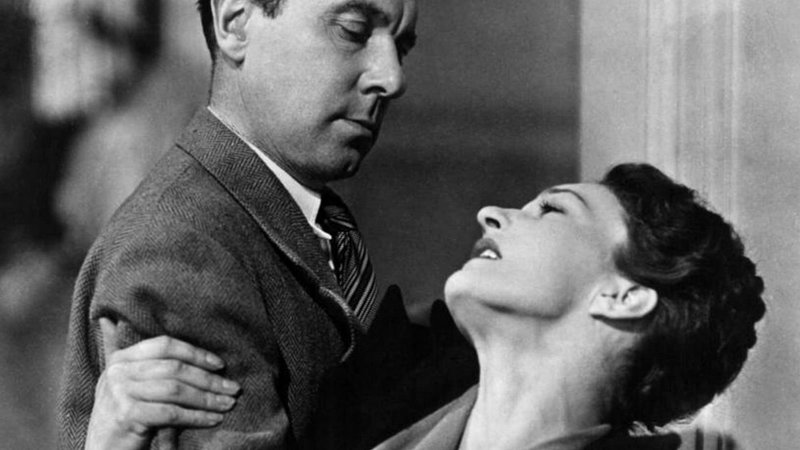
Screened as part of NZIFF 2002
The Fallen Idol 1948
"In a poll of industry worthies last year, the British Film Institute found that Carol Reed’s The Third Man was the best British film of all time. Well, The Fallen Idol is better. Using much the same creative team as the 1949 classic – most notably screenwriter Graham Greene – Reed fashions a similar tale of deep male friendship crashing into disillusionment, but Fallen Idol gets even more emotional resonance by tapping into the dangerous innocence of children. Young Philip (Henrey) is a lonely boy, kicking his heels all summer at the cavernous French embassy in London, butler Ralph Richardson his only friend – a surrogate father with a shrew of a wife. The spatial architecture is exemplary, more controlled than anything Reed managed again, and that’s reflected in the emotional clarity and sophistication of the narrative line." — Tom Charity, Time Out
"Carol Reed’s The Fallen Idol (1949), from a screenplay by Graham Greene, based on his short story The Basement Room with Ralph Richardson, Michèle Morgan, Bobby Henrey, Sonia Dresdel, Jack Hawkins and Denis O’Dea, was justly held up as one of the high points of the British Tradition of Quality throughout the 40s and 50s. Richardson takes top honors as a beleaguered butler trapped in a hopeless affair with a very moody Morgan. But the story’s point of view is that of the diplomat’s son, played with little-boy precocity by Henrey. Dresdel plays the vindictive wife and later victim, while O’Dea and Hawkins hover ominously around the embassy, trying to trap the butler into a misstep. Greene himself, scripting for a larger audience than his usual readership, collaborated in opting for a conveniently happy ending as compared to the despair in his original short story about guilt and retribution. Nonetheless, Robert Krasker’s hyperpolished cinematography and Reed’s own formidable gifts for generating suspense make this a timeless and elegant exercise in web-spinning complexity both in word and boldly angled images." — Andrew Sarris and Tom Allen, Village Voice